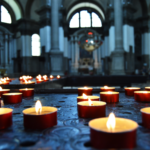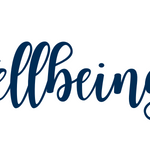Week One: Wonder
Advent Blog Series featuring the Women of Cohort 8
The first Sunday in December marks the beginning of Advent, a season of expectant waiting and preparation of the coming Messiah. Our culture characterizes the season with carols, gift giving, and cheer. But, what many of us feel is closer to anticipation of the Messiah’s first appearance, heartache for salvation from oppression and hopelessness.
At the dawn of the first century, God’s people lived under foreign rule, ridiculed and ostracized for their beliefs. Centuries had gone by without an authentic message from God to reassure and strengthen them. They lived with anticipation that God would provide someone who would lead them out of the subjugation.
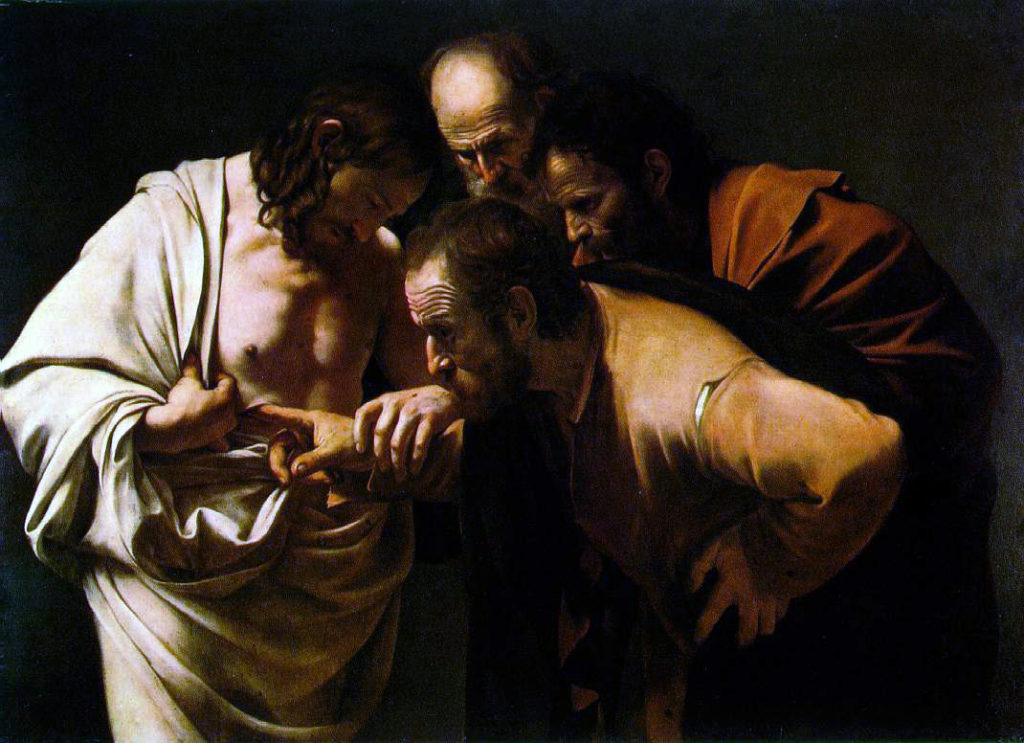
Source: https://commons.wikimedia.org/wiki/File:Caravaggio_Doubting_Thomas.jpg
Today, as CCDA practitioners, we live and work in communities entrenched in antiquated and ill-formed systems, where people strive to escape poverty with incremental success. Trapped by systemic racism, haphazard and xenophobic immigration laws, and inadequate education and social services, it’s easy to grow weary. In addition to the trauma we each experience in our own contexts, we compound our stress with a real time stream of global suffering. Meanwhile, in the background of all of our lives there is a constant drone of political hostility and incivility like a looming apocalyptic cloud. It’s so difficult to look past the dysfunction of our current world to the hope of the Advent season.
My personal journey in working toward shalom in my community has led me to Restorative Practices. Earlier this fall I attended a Racial Healing Circle training in order to better facilitate community restoration. Engaging in Restorative Practices is like unearthing a long-lost art of what it means to be human with deep listening and equity at its core.
Restoration is primarily based on establishing and rebuilding relationships by holding space for everyone to express themselves. Each person responds to the questions or issues at hand when it’s her or his turn to speak with no cross talk or responsive dialogue. Everyone in the community must be willing to assume the best of everyone else, and be open to other points of view.
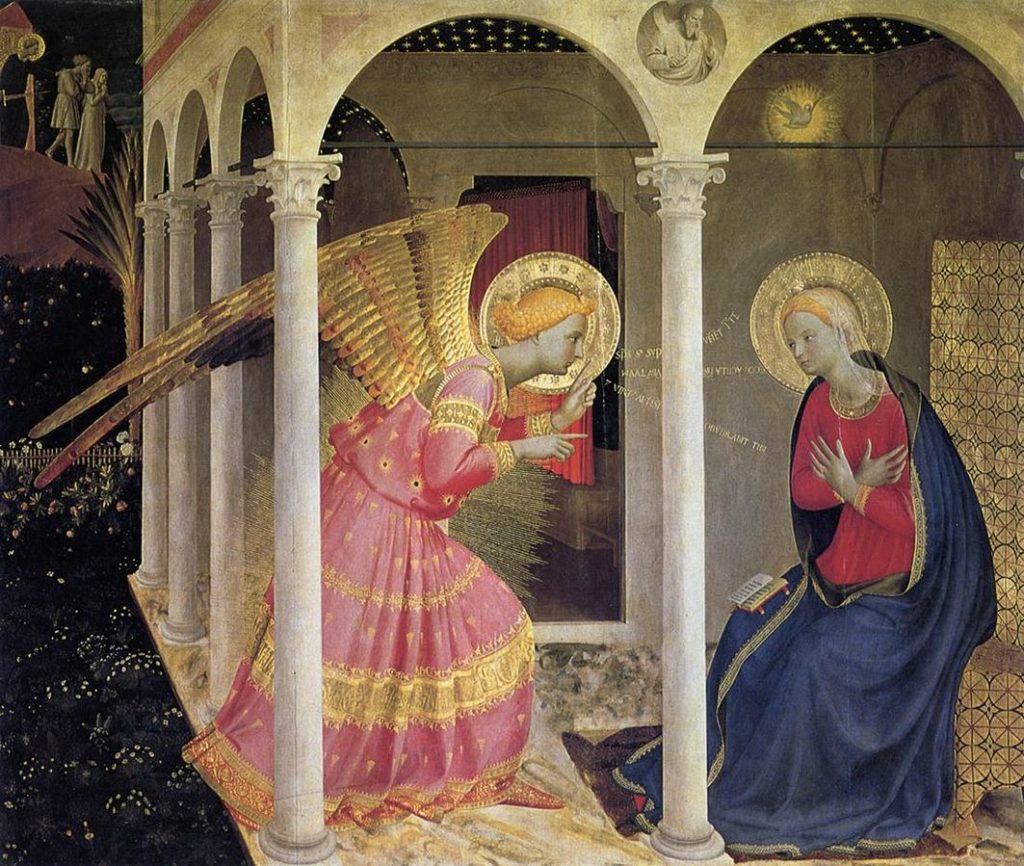
Source: https://commons.wikimedia.org/wiki/File:Fra_Angelico_-_Annunciation_-_WGA0474.jpg
As the group was learning, one of the participants asked, “What are we supposed to do when we want to respond to what someone said either in support, or disagreement, or for clarification?” The facilitator responded, “You refrain, and turn to wonder.” When we turn to wonder we have to suspend our disbelief, let go of our own suspicions and judgements; we allow for possibilities yet discovered. Admittedly, it’s not an easy shift to make. Most of us are people of action, problem solvers; we’ve been conditioned to ask questions and come up with solutions. We are used to working at a fast clip, pressed by the urgency of the magnitude of injustice. But, what if . . .
What if this Advent we allow ourselves to be silent with God, and turn to wonder? Suspend disbelief and allow for the possibilities of God. Turn to wonder about the God who put the stars in place. Turn to wonder about the God who became human to teach us about Godself. Turn to wonder about the God who keeps promises in the past and yet to come. Turn to wonder and allow for the possibilities of hope.
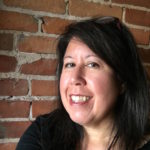
Marie Moy is a graduate of Northeastern Seminary of Roberts Wesleyan College in Rochester with a MA in Theology and Social Justice, and a BS in Biochemistry from Indiana University, Bloomington. She and her spouse, Troy Wood, are originally from Indiana. They have lived in Buffalo for over twenty-four years, and have two children, Kam (22), and Lily (20). Marie is the Manager of Volunteer Engagement for Jericho Road Community Health Center, and a Restorative Practice trainer for Erie County Restorative Justice Coalition in Buffalo, New York. She has been involved with CCDA since 2011, and is a member of Cohort 8.

